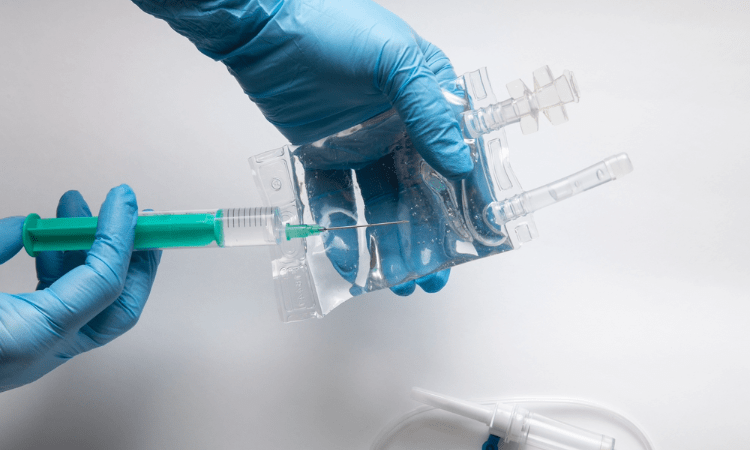Medical Device Testing Labs: Safety & Biocompatibility
Medical Device Testing Labs: Essential Safety & Biocompatibility Tests

Introduction
In the realm of medical device development, rigorous testing is crucial to ensure product safety and efficacy.
Medical device testing labs like Nano Lab are at the forefront of this process, conducting essential safety and biocompatibility tests to meet stringent regulatory standards. This blog highlights how Nano Lab’s expertise in medical device testingsupports high-quality and reliable medical devices.
Essential Safety & Biocompatibility Tests
1.
Cytotoxicity Testing: Medical device testing labs perform cytotoxicity testing to evaluate whether a material is toxic to cells. This test involves exposing cultured cells to the device material and assessing any potential cell damage.
2.
Sensitization Testing: Sensitization testing determines if a material can cause allergic reactions, ensuring that medical device materials do not trigger hypersensitivity in patients.
3.
Irritation Testing: This test measures whether a material causes irritation to tissues, helping to ensure the device is safe and does not cause redness or swelling.
4.
Acute Systemic Toxicity: Acute systemic toxicity testing assesses the harmful effects of a material when it enters the bloodstream, identifying any immediate severe reactions.
5.
Subchronic Toxicity: Subchronic toxicity tests evaluate the effects of a material over an extended period, helping identify potential adverse health effects from prolonged exposure.
6.
Genotoxicity Testing: Genotoxicity testing determines if a material causes genetic damage, preventing mutations or alterations that could lead to health issues.
7.
Hemocompatibility Testing: Hemocompatibility testing examines how a material interacts with blood, including its potential to cause the breakdown of red blood cells.
8.
Implantation Testing: Implantation testing involves placing a device or material into tissue or an organ and monitoring for adverse reactions to ensure it is safe for implantation.
Nanolab’s Expertise
Nanolab stands out among medical device testing labs for its comprehensive suite of testing and analysis services. With state-of-the-art techniques and adherence to high standards, Nanolab ensures that medical devices meet both biocompatibility and safety requirements. Their expertise in conducting detailed assessments helps manufacturers identify potential risks and confirm the safety and efficacy of their devices.
Conclusion
Choosing the right medical device testing lab is essential for ensuring that medical devices are safe and effective. Nano Lab’s dedication to high-quality testing and analysis underscores its role as a leader in the field. By understanding the key safety and biocompatibility tests, manufacturers can ensure their devices meet regulatory standards and provide the best outcomes for patients.
Contact us for more information.
You can follow us on
LinkedIn for up-to-date news and posts about our services.
Follow our
Instagram account to be informed about our latest blog posts.

